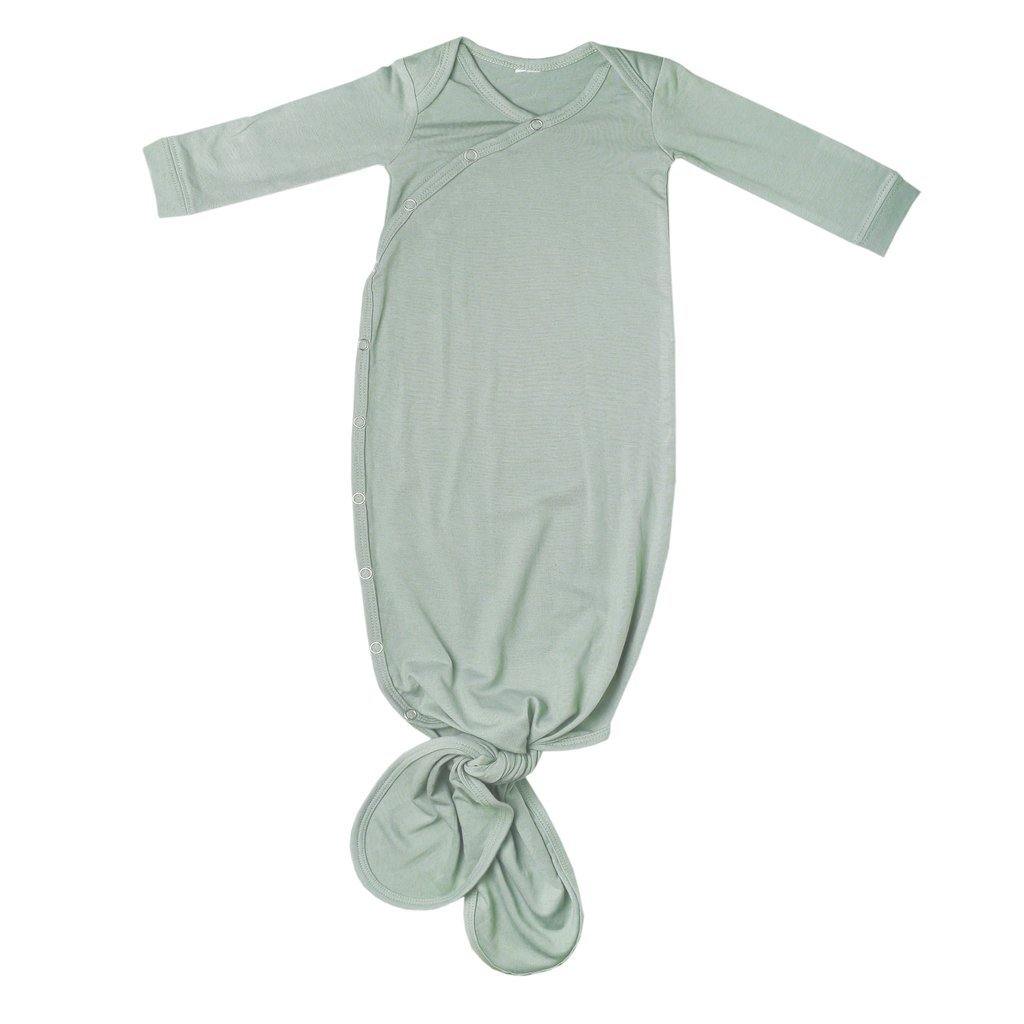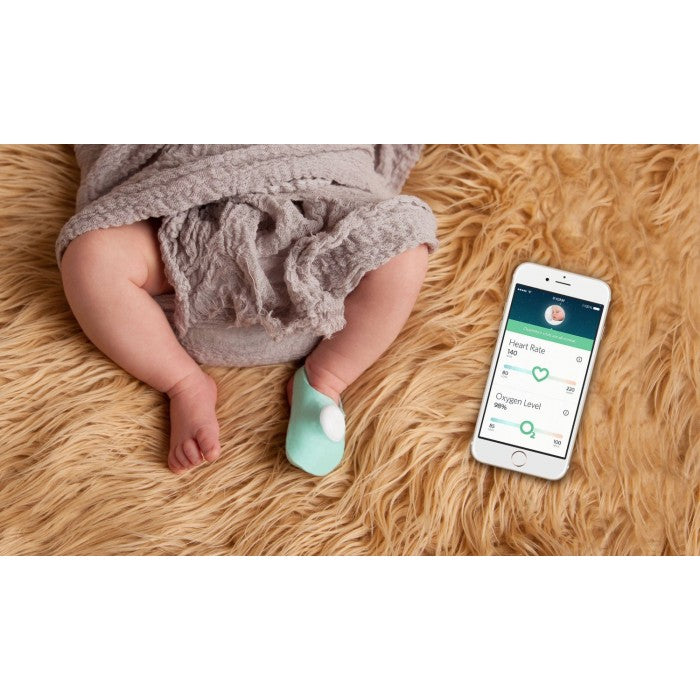Sudden Infant Death Syndrome (SIDS) is when a baby dies unexpectedly and with no explanation. This can be a very difficult topic to discuss, because nobody wants to think about the prospect of a baby dying. Period. However, it is important that SIDS is continually talked about not only to keep people informed that may otherwise not be clued in, but also because the American Academy of Pediatrics (AAP) is continually doing research to further reduce the risk of SIDS, meaning we need to brush up on the facts in case something has recently changed.
Numbers
Although some major precautions have been made, there is still an alarming rate of more than 3,500 babies in the U.S. that die from SIDS each year. As distressing as that number may sound, it is still considered a very rare cause of death. By definition, SIDS is only relevant in babies less than a year old. It most commonly occurs in babies between 1 and 4 months old, and although it can occur in the whole first year, only 10% of instances have happened after a baby’s six-month birthday.Reasons
SIDS is not an accidental death--it is not caused by strangulation, suffocation, or injury. SIDS is classified as a natural death. While the exact reason for SIDS is yet to be determined, there are two theories thought to cause this:- When an infant sleeps on their stomach they receive less oxygen or have a more difficult time exhaling an efficient amount of carbon dioxide because they are breathing into the same space into the sheet over and over again.
- There is a portion of the brain that is responsible not only for breathing, but for arousal from sleep, and other things like blood pressure. It is thought that perhaps there is a defect in the functionality of this portion of the brain.
Precautions
Until more is known about SIDS, there is no definite way to eliminate the chances of it occurring completely, but there are SEVERAL precautions to put in place to help reduce the odds immensely. Safe Sleep Habits This is a large category because there are so many different factors to consider.- An infant should be laid down to sleep on their backs.
- A firm mattress should be used for a baby to sleep on.
- Nothing should accompany a baby inside his/her crib. You need a mattress, a fitted sheet, and the baby (whether swaddled or not). You don't need loose blankets, pillows, toys, crib bumpers, etc.
- Swaddling should promptly stop as soon as baby has rolled over.
- Monitors, like the Owlet, are fantastic products, especially for peace of mind, but shouldn’t be relied on 100%. Other safety habits need to be in place as well.
- Studies have shown that the use of a pacifier while sleeping has helped reduce the number of SIDS instances.
- Co-sleeping (especially before the age of 4 months) should be avoided.
- Baby should spend the first 6 months – 1 year in a crib or bassinet in the same room as parents. (This is the current suggestion from the AAP).
- No sleep positioners should be used to prop a baby up or permit a baby to sleep in a certain position.
- Baby should not sleep in the same room as a smoker, even if smoking doesn’t occur in that specific room.
Healthy Pregnancy Prenatal care has a lot to do with the relations of babies and SIDS. It is important to attend all scheduled appointments, and to avoid smoking and alcohol while pregnant. Some of these factors also contribute to low birth weight or premature births, which in turn increase the odds of SIDS happening.








1 comment
[…] Baby Safety Month! Take some time to read up on SIDS, babyproofing, tips from the AAP, and do a little bit of self-evaluation. The safety of our babies […]